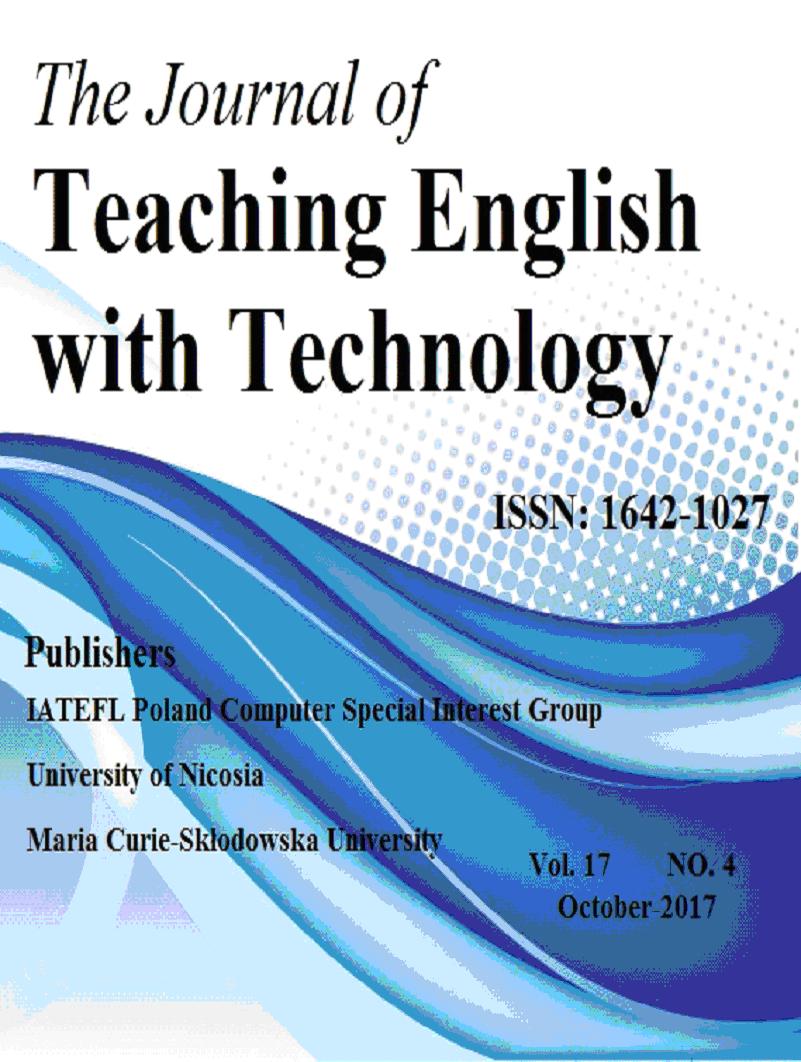PROBLEMATIZING VIDEOGAMES: TEACHING STUDENTS TO BE CRITICAL PLAYERS
PROBLEMATIZING VIDEOGAMES: TEACHING STUDENTS TO BE CRITICAL PLAYERS
Author(s): Mark LoveSubject(s): Foreign languages learning
Published by: IATEFL Poland Computer Special Interest Group and The University of Nicosia
Keywords: critical media literacy; videogames; procedural rhetoric
Summary/Abstract: This contribution aims to familiarize educators with the unique ways in which videogames convey meaning as a media form and to provide an instrument, based on videogame theory, that educators can easily employ in intermediate and advanced English as a Foreign Language (EFL) classrooms to teach critical media literacy. In order to equip teachers with the skills needed to teach the critical media literacy of videogames, the author reviews relevant videogame theory, including Bogost’s procedural rhetoric (2008a) and Consalvo and Dutton’s (2006) holistic analysis. Important concepts from these schools of videogame criticism are combined with Freire’s (2010) notion of problematizing to create an instrument that can be productively employed by educators to teach students to be critical players of videogames. It is found that the approach offered bridges the gap between theory and student concerns, results in greater personalization on the part of students when they analyze videogames, and is able to help students raise emergent issues that the researcher could not anticipate. It is hoped that educators will share these emergent issues and continue the discussion.
Journal: Teaching English with Technology
- Issue Year: 17/2017
- Issue No: 4
- Page Range: 3-24
- Page Count: 22
- Language: English

